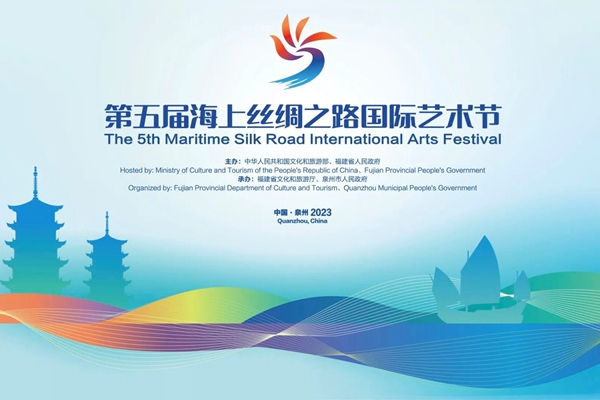Traditional craft a modern-day money-spinner
There is more to Anxi of Fujian province than the handmade green tea, Tieguanyin.
The county is renowned for its rattan weaving, a national intangible heritage.
Rattan weaving is traditional craft going back more than 1,000 years. People lived of the trade, using the craft to produce goods for farming and households.
As time went on, locals developed the craft into an industry and then passed on the skills.

A worker dyes the handicraft at a rattan and iron work factory in Anxi, Fujian province. Photos Provided to China Daily
Chen Qinghe, an inheritor of the craft, came back to Anxi after his graduation and engaged in the handicraft in 1969.
In 1971, Chen opened a rattan-weaving workshop to produce covers for thermos flasks.
This was the beginning of the industrialization of the handicraft.
Chen said he continued to develop more rattan products and the number of his staff members increased from 30 to 1,300 within two years.
In 1984, the county opened its first joint venture to expand its business and target overseas markets.
It has since realized more than $60 million of foreign currency earnings, provided nearly 10,000 jobs and helped more than 5,000 households to escape poverty.
"The traditional intangible heritage should be developed through inheritance, protection and innovation," Chen said.
In the early 1990s, Chen started to develop the craft by combining rattan with iron. Such works were exhibited at the China Import and Export Fair in 1991.
In 2002, the county was authorized to be called the cradle of Chinese rattan and iron crafts by the Ministry of Agriculture and Rural Affairs.
Locals have also used the handicraft to develop more creative and exquisite products, Chen noted.
The craft now comes in more than 40 varieties in 14 categories, such as lanterns, hedges and griddles.
At Xiping town in the county, there are many rattan stores, selling products such as baskets and dustpans. With burgeoning e-commerce, local merchants also developed business through online platforms including Taobao to further expand the domestic market.
To date, the county has more than 2,200 rattan and iron work companies, more than 3,000 processing stores and more than 150,000 people engaged in the industry.
Local companies have set up research and development centers for the craft across the country and overseas such as Paris and Toronto.
To expand overseas market, local companies have cooperated with international companies including Walmart, Costco and Carrefour. They have also brought the craft to annual exhibitions in countries, such as Britain, the United States, Canada and Australia.
The handicraft has been expanded into designs including decorations, furniture and gifts, combining Chinese and Western cultures.
At present, the handicraft has become a major export of the county.
Rattan and iron products have been welcomed to households, restaurants, bars and parks in more than 60 countries and regions.
Official data shows that, in 2018, the output value of the industry reached 15 billion yuan ($2.22 billion) and e-commerce transactions amounted to nearly 4.58 billion yuan. Daily turnover exceeded 35 million yuan.
In addition to business development, the craft has been promoted in schools.
Industry insiders have joined hands with local primary schools in a bid to pass on the skill through activities and classes.
In 2015, authorities of Anxi county worked with Tsinghua University to invite students to learn the skill.
They opened a workshop that let students explore and create more designs of the craft.
As a leader in design, Tsinghua University has brought cutting-edge industrial design and aided the upgrade and transformation of the industry, local officials said.
In December last year, the two sides launched an exhibition in Shenzhen, Guangdong province, debuting their co-created design works. The exhibition received many visitors.
The two parties have created more than 400 rattan iron works over the past few years.

 5th Maritime Silk Road International Arts Festival
5th Maritime Silk Road International Arts Festival 